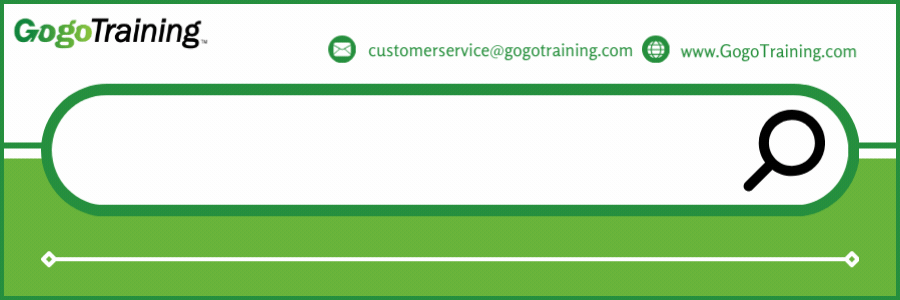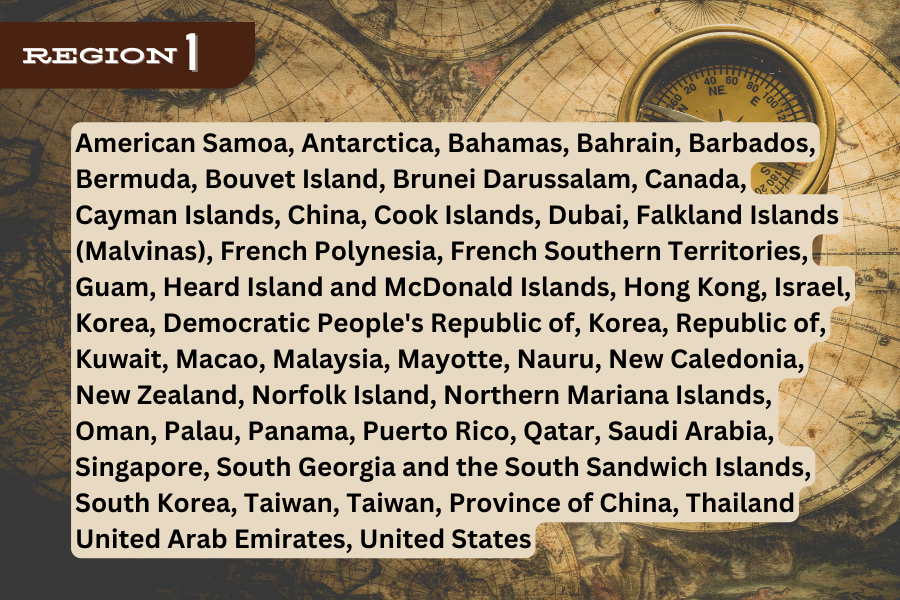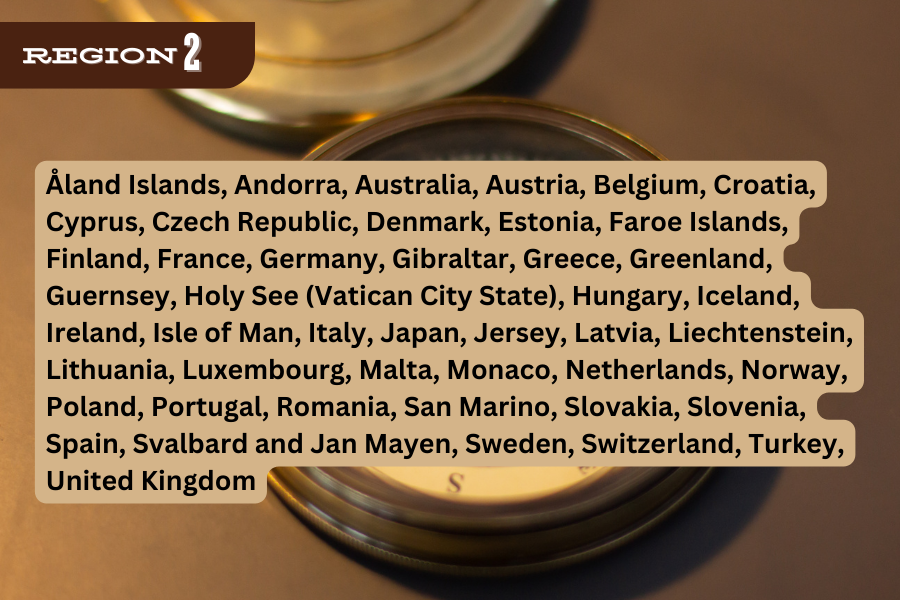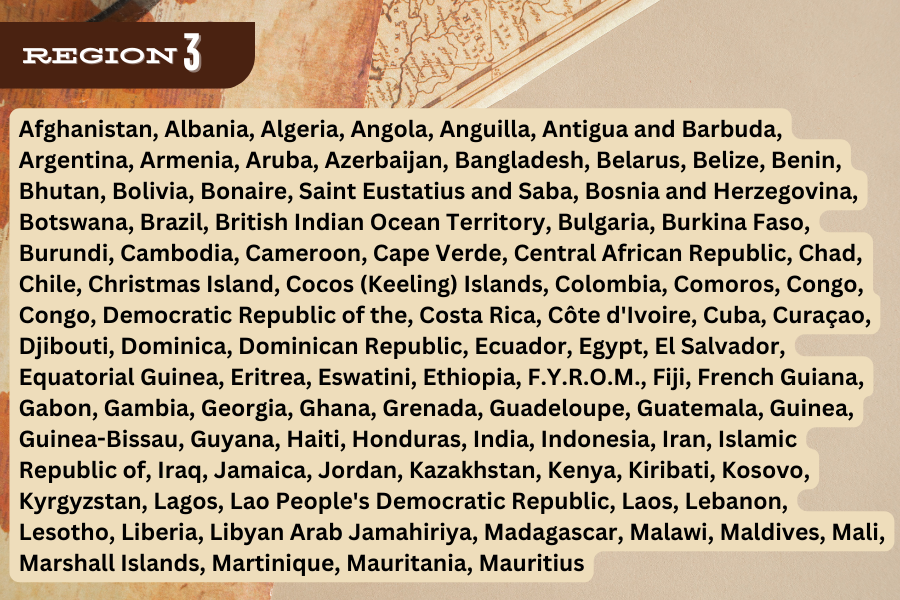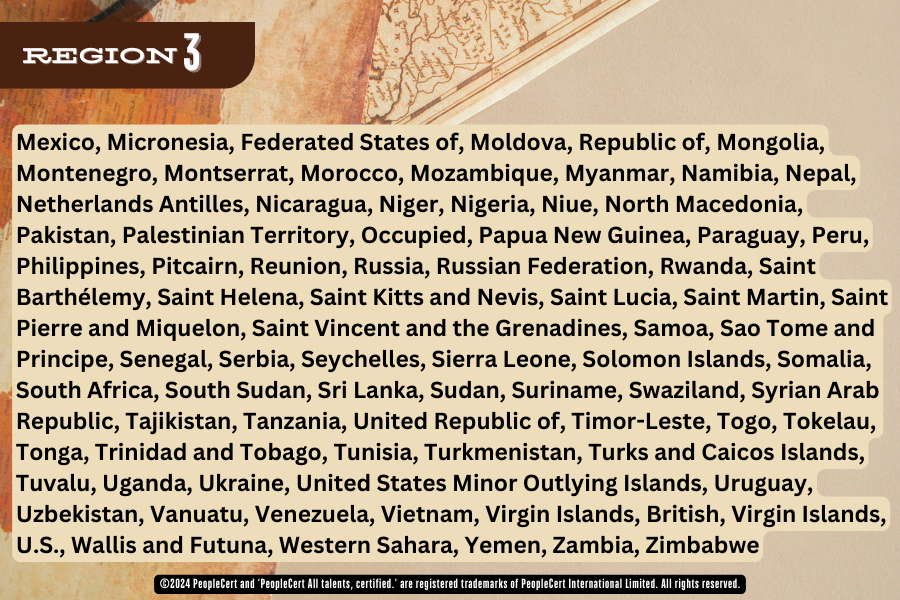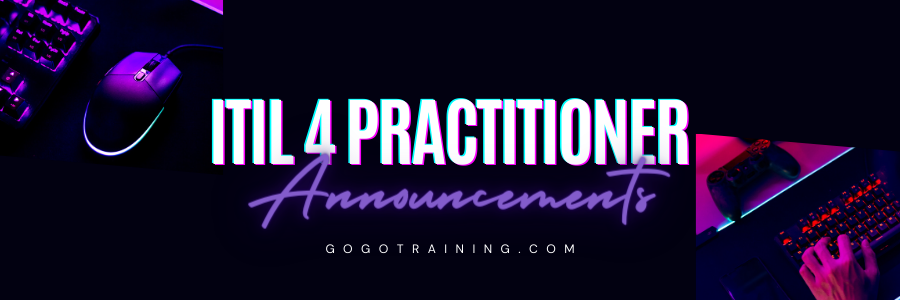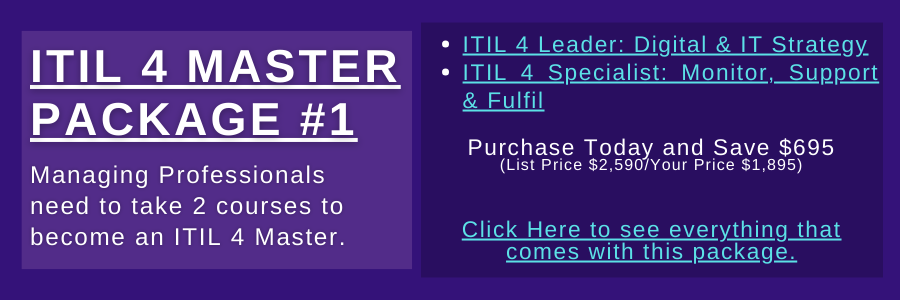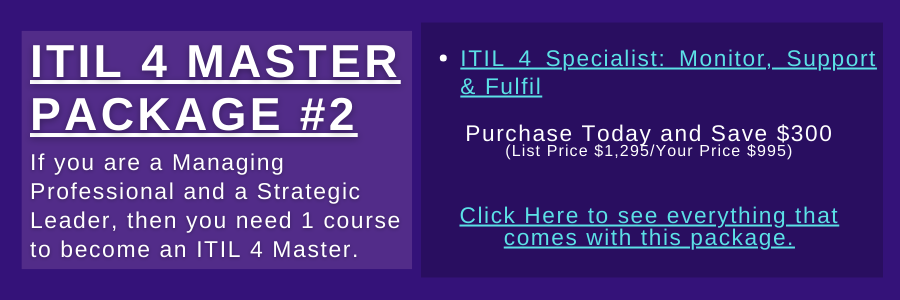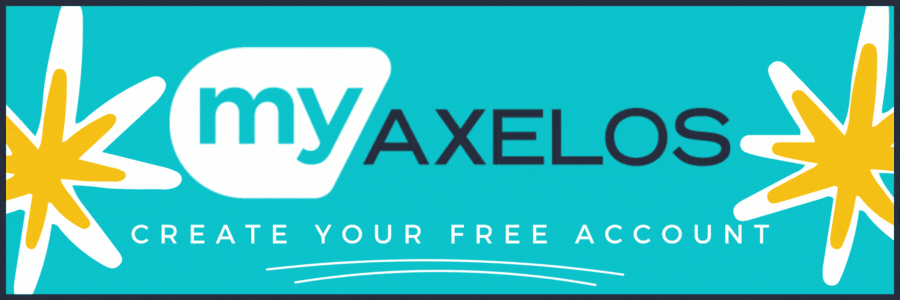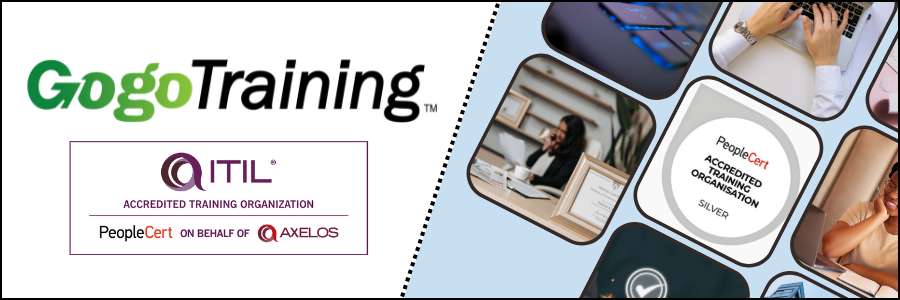
YES, GogoTraining is a PeopleCert Accredited Training Provider?
What Does That Mean?
It means that all the ITIL courses on the GogoTraining site have been officially reviewed and accredited by PeopleCert. When you take one of these courses you are 100% sure that they cover all the Certification requirements and that they come with all the required documentation.
Does GogoTraining Offer PeopleCert Exam Vouchers?
Yes, as an Official PeopleCert Accredited Training Organization (ATO) all courses must include the PeopleCert Official Exam Voucher.
Is the PeopleCert Exam Voucher from GogoTraining Identical to the one from PeopleCert?
Yes, all PeopleCert exam vouchers come with the same content. You can buy the exam voucher from PeopleCert or an ATO and you will get the very same content:
- The Exam Voucher
- The Official eBook
- The Official Resource Kit
Why Should I Purchase ITIL Exam Vouchers from GogoTraining Versus PeopleCert?
For 2 very important reasons:
- PeopleCert does not include Accredited Training with their Exam Vouchers – GogoTraining does!
- PeopleCert does not discount their exam vouchers – GogoTraining does!
Bottomline:
- GogoTraining offers the highest quality PeopleCert Accredited eLearning Training Courses and all courses come with the Official PeopleCert Exam Vouchers.
- GogoTraining discounts exam vouchers for every region so you pay as little as possible for PeopleCert Exams.
- GogoTraining courses include the required Letter of Course Attendance required for all courses after ITIL 4 Foundation.
- GogoTraining courses include instructor support – learn and interact with your instructors.
- GogoTraining offers the highest quality courses and the best customer service in the world!
Contact GogoTraining Customer Service Today!





